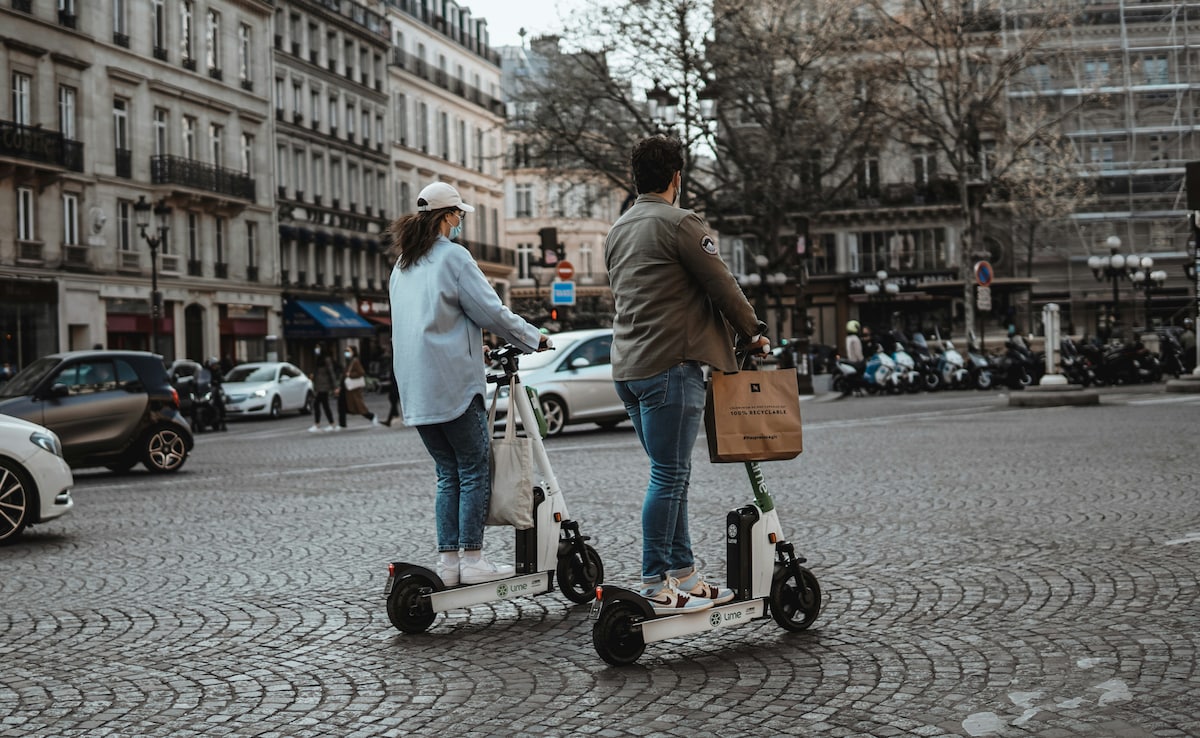
Think sustainable travel means sacrificing comfort or blowing your budget? Not quite. With a few smart swaps — like taking trains over planes or using reef-safe suncream — you can reduce your environmental impact and make your trips more rewarding. Sustainable tourism isn't about missing out; it's about travelling with more purpose and care. From where you stay to how you move around, small choices can lead to big change. The best part? It doesn't have to be complicated, and it certainly doesn't have to be dull. Here are five simple, practical ways to embrace sustainable tourism, while still having loads of fun on your guilt-free trip.
Also Read: Conscious Travel: All You Need To Know About This Eco-Friendly Travel Trend
Here Are 5 Effortless Ways To Travel More Sustainably:
1. Pack With The Planet In Mind
Overpacking is out; thoughtful packing is in. Bringing your reusable water bottle, tote bag, and travel cutlery can significantly cut down on single-use plastics during your trip. Many airports now have water-filling stations, and collapsible bottles take up hardly any space. Choose solid toiletries like shampoo bars and toothpaste tablets to skip the plastic altogether. And don't forget reef-safe suncream — ingredients like oxybenzone and octinoxate have been banned in places like Hawaii and Palau due to their harmful effects on coral reefs. Even the clothes you bring matter. Opt for versatile, durable items that you can re-wear multiple times. Bonus points for packing ethically made or second-hand outfits.
2. Stay Longer, Travel Slower

Photo: Unsplash
Instead of ticking off five cities in a week, consider spending more time in fewer places. This "slow travel" approach is gaining traction for a reason: It lowers your carbon footprint, supports local economies more effectively, and offers a richer, more immersive experience. Fewer internal flights and car journeys mean less CO2, and longer stays allow you to connect more deeply with the local culture and people. According to the World Tourism Organisation (UNWTO), sustainable tourism should "meet the needs of present tourists and host regions while protecting and enhancing opportunities for the future". Slowing down your pace does just that.
3. Ditch Short-Haul Flights Where You Can
According to the European Environment Agency, planes emit 285g of CO2 per passenger kilometre-nearly six times more than trains. So, if you're travelling across Europe or within a region, consider taking the train. New high-speed rail routes across France, Spain, and Italy are making this easier and faster than ever. Eurostar, for instance, claims its carbon footprint per passenger is 90% lower than flying the same route. Not only is train travel more sustainable, it's also a more scenic, relaxing way to travel — no long security queues, no tiny seats, no overpriced sandwiches.
4. Support Local

Photo: iStock
Spending money in locally owned restaurants, shops, and tours is great. But sustainable tourism is also about cultural preservation and respect. Learn a few basic phrases in the local language. Ask before taking someone's photo. Choose guided experiences run by locals instead of large, impersonal operators. The Global Sustainable Tourism Council (GSTC) encourages travellers to engage with local heritage, which helps protect intangible cultural traditions like foodways, music and festivals that might otherwise disappear under mass tourism pressure. And if you can, avoid chain restaurants and instead opt for hole-in-the-wall eateries or family-run spots. Not only is the food often of higher quality, but your money also stays in the community.
Also Read: 5 Easy Ways To Lower Your Carbon Footprint While Travelling
5. Choose Green Accommodation
It's easy to slap on the word "eco" these days, but not all green claims are equal. Instead of being swayed by bamboo furniture and recycled toilet paper, check if a hotel is certified by credible organisations like EarthCheck, Green Key or LEED. Look for properties that rely on renewable energy, recycle greywater, source food locally, and pay fair wages to staff. For example, Six Senses Resorts is known for integrating sustainability into every layer of its operations, right down to its on-site water bottling plants. If you're booking through Airbnb or similar platforms, look for listings that mention energy-saving features, composting, or water conservation practices.
Track Latest News Live on NDTV.com and get news updates from India and around the world

